NEW LEASES
Whether you are a landlord or a tenant, getting your lease right for your present circumstances, future plans and future growth is critical to ensuring that your lease is working for you, not against you.
We can assist you to draft and/or review your lease, agreement to lease, offer to lease and expression of interest as well as associated fit-out deeds, incentive deeds and licences, to take into account your current and future strategic and operational objectives.
When should I get legal advice?
As we recommend that both landlords and tenants obtain legal advice from experienced property lawyers before commencing negotiations in relation to new or existing leases, below we consider some threshold questions regarding "when is a lease 'entered into'?".
The question of when a lease is entered into can be a very complex legal question, however, paradoxically, the outcome is often greatly influenced and affected by simple actions of, or steps taken by, the parties.
In Queensland, it is sensible to first consider some threshold questions, such as:
is the lease a 'retail shop lease'?
See our article linked HERE for a discussion on what is, or is not, a retail shop lease.
This is a critical threshold question as the Retail Shop Leases Act 1994 sets out in Section 11 that:
"A retail shop lease is entered into on the earliest of the following dates:
the first date by which the lease is signed by all of the parties to the lease;
the date the lessee enters into possession of the retail shop under the lease;
the date the lessee first pays rent under the lease, other than as a deposit to secure the premises for the lease."
It is clear that for retail shop leases, the Retail Shop Leases Act 1994 will have a significant say in determining when a lease is entered into.
What is also clear, is that, simple actions taken by the parties to a retail shop lease, such as a landlord giving the tenant the keys to the premises before the lease is signed, could have significant implications for when the lease is entered into.
Landlords have a number of obligations imposed by the Retail Shop Leases Act 1994 which must be completed "before a prospective lessee of a retail shop enters into a retail shop lease".
The consequences for failing to comply with these obligations are severe, with tenants given a legislative right to terminate a retail shop lease (under Section 21F of the Retail Shop Leases Act 1994) within 6 months after the lease is entered into.
As a Landlord, it is therefore critical to ensure that these obligations are met before taking actions (such as accepting rent, or handing over keys) that may mean the lease is entered into.
is the lease a 'short lease'?
Under the Land Title Act 1994, short lease means a lease:
(a) for a term of 3 years or less; or
(b) from year to year or a shorter period.
Under the Property Law Act 2023 (PLA), any lease longer than 3 years (including term and options) must be recorded in writing and signed to be valid and enforceable as:
Section 7 of the PLA provides that "A contract for the disposition of land is not enforceable by action in a proceeding unless:
the contract is in writing or some memorandum or note of the contract is recorded in writing; and
the contract or the memorandum or note of the contract is signed by the party against whom the contract is sought to be enforced."
Section 8 of the PLA provides that "The creation of a legal or equitable interest in land must be in writing and signed by the person creating the interest.".
It is clear that whether the lease is a 'short lease' or not will have a significant say in determining when a lease is entered into. If a lease is not a short lease, then the lease must be recorded in writing and signed before it is entered into.
However, the Courts take a somewhat broad view of what is 'in writing' and are inclined to consider 'pre-lease' documents, such as an agreement to lease, heads of agreement, offer to lease, exchanges of emails/text messages etc. as meeting the 'in writing' requirements.
For example, in the matter of South Coast Oils (Qld and NSW) Pty Ltd v Look Enterprises Pty Ltd [1988] 1 Qd R 680 the tenant successfully sued for specific performance (that is, to force the landlord to lease the premises to the tenant) based on an agreement to lease document even where no lease was signed by the parties.
More recently, the Courts have considered that emails and text messages are also sufficient to meet the 'in writing and signed' requirements and are therefore capable of binding parties to a concluded agreement.
It is clear that, simple actions taken by the parties to a lease, such as a landlord emailing a tenant the proposed terms of a lease and the tenant emailing or texting a response back to the landlord along the lines of "sounds great, we have a deal", could have significant implications for when a lease is entered into.
Beyond some of these threshold questions lie some deeper legal questions that have their foundation in contract law principles.
It is strongly recommended that landlords and tenants obtain legal advice from experienced property lawyers before commencing negotiations in relation to new leases.
Important Disclaimer: The material contained in this publication is of a general nature only and is based on the law as at the date of publication. It is not, nor is it intended to be, legal advice. If you wish to take any action based on the content of this publication, we recommend that you seek professional advice.
“A solicitor who you can actually communicate with and have complicated legal jargon explained in terms that the working person can understand”
“Simon is someone you can trust as his personal integrity is unquestionable”
“I have been dealing with Simon for more than 5 years and am very happy with his legal advice. Excellent service. Highly recommend.”
Our team have extensive experience acting for clients in a vast array of leasing matters, and, led by Simon LaBlack, 1 of only 25 accredited specialists in property law in Queensland, our team have the expertise and technical edge to ensure that your rights are protected and to give you absolute peace of mind. Click HERE or contact us below for more information about our leasing experience.






